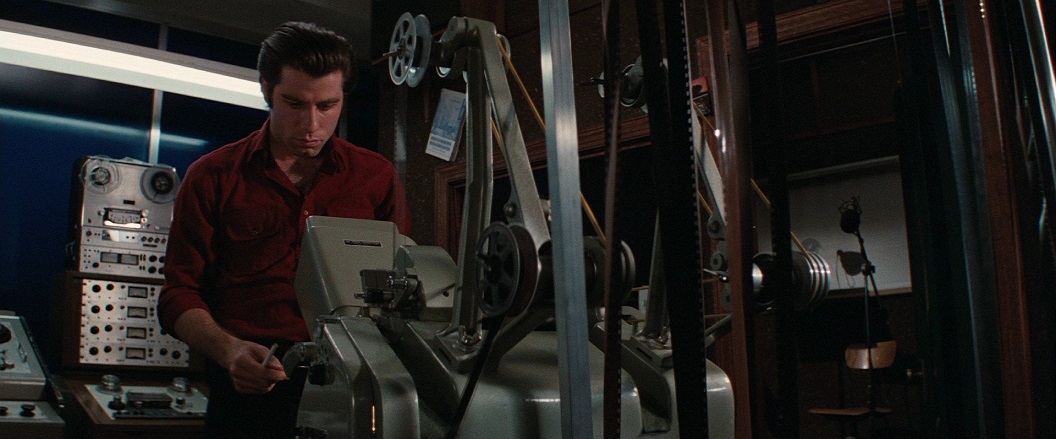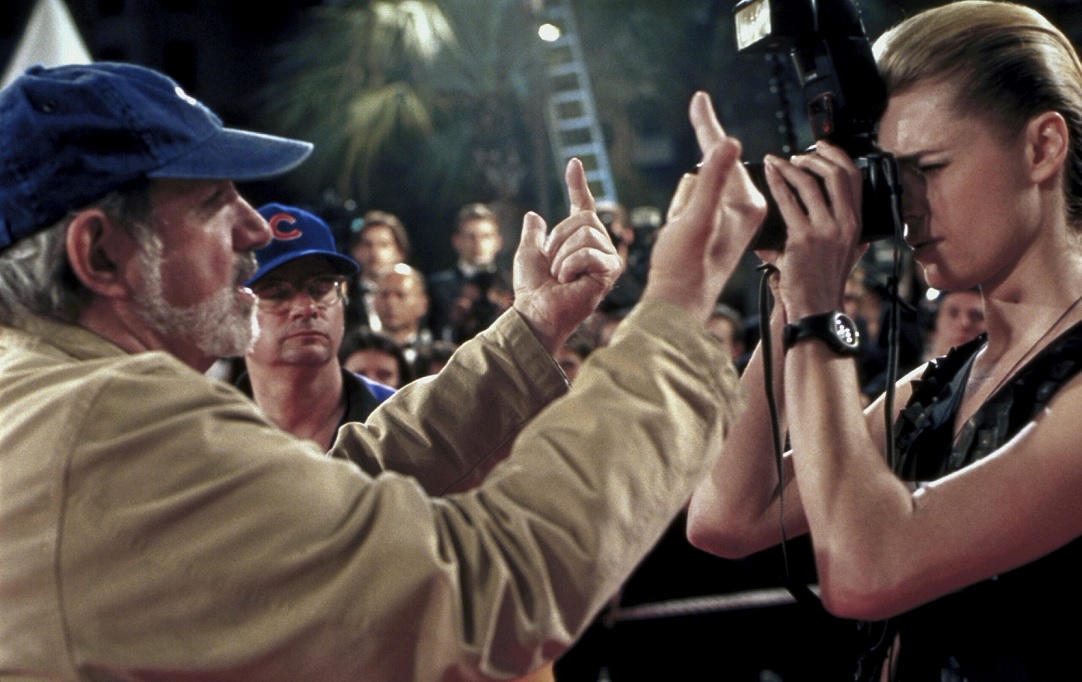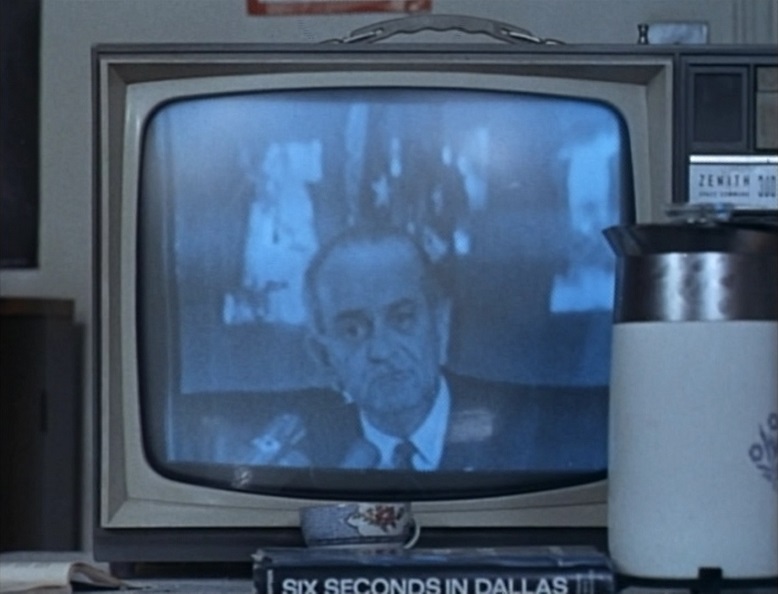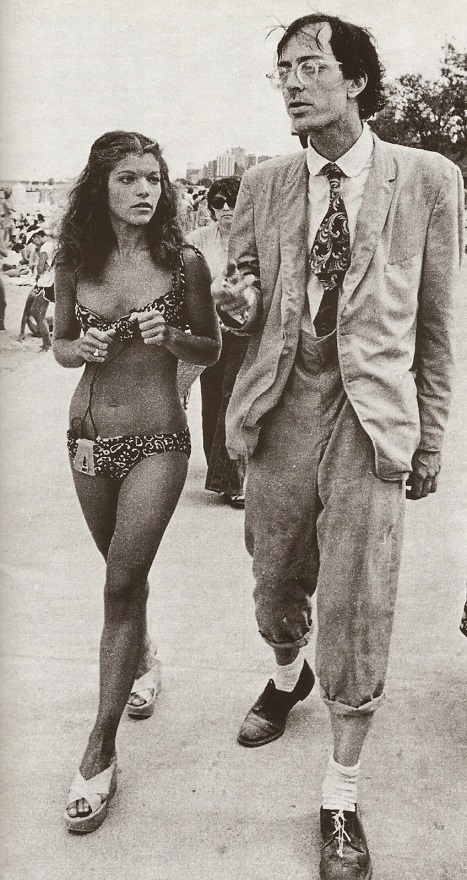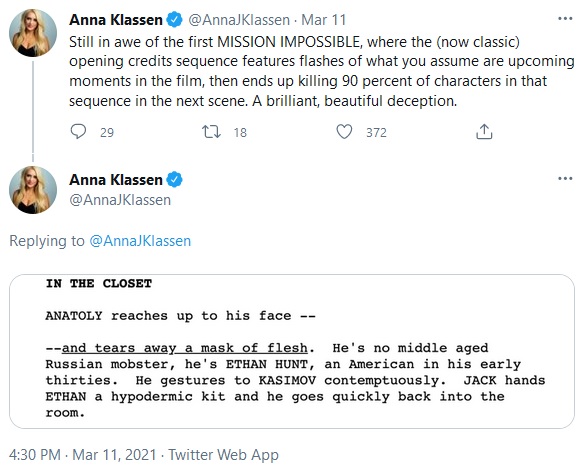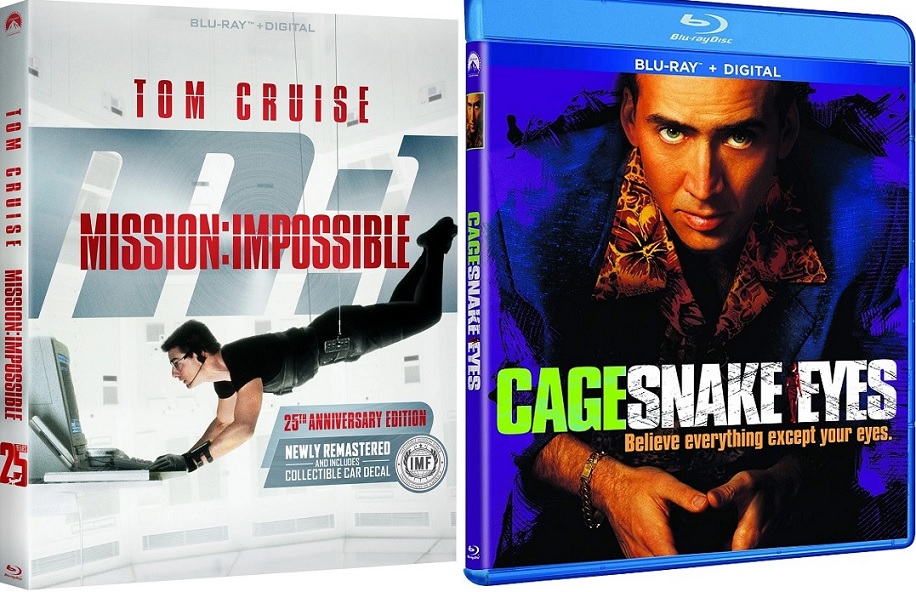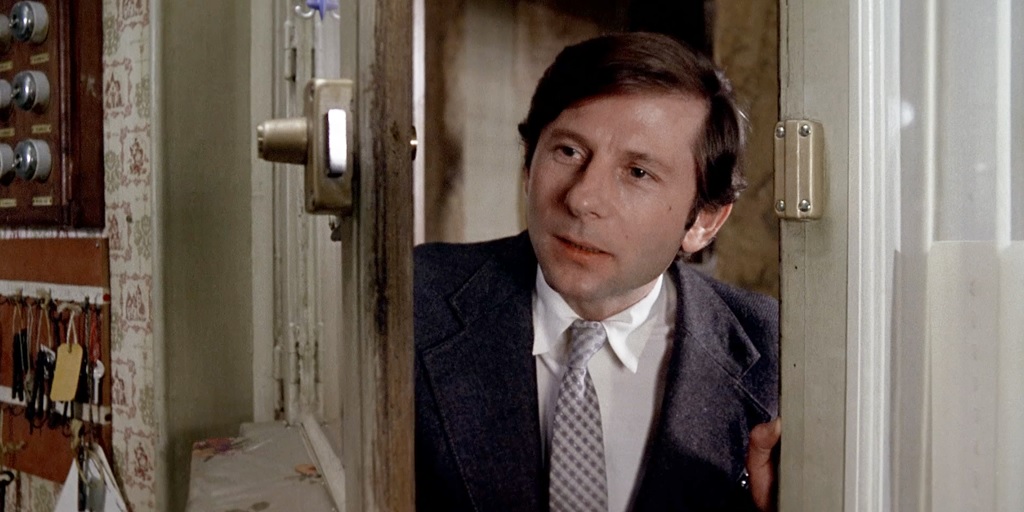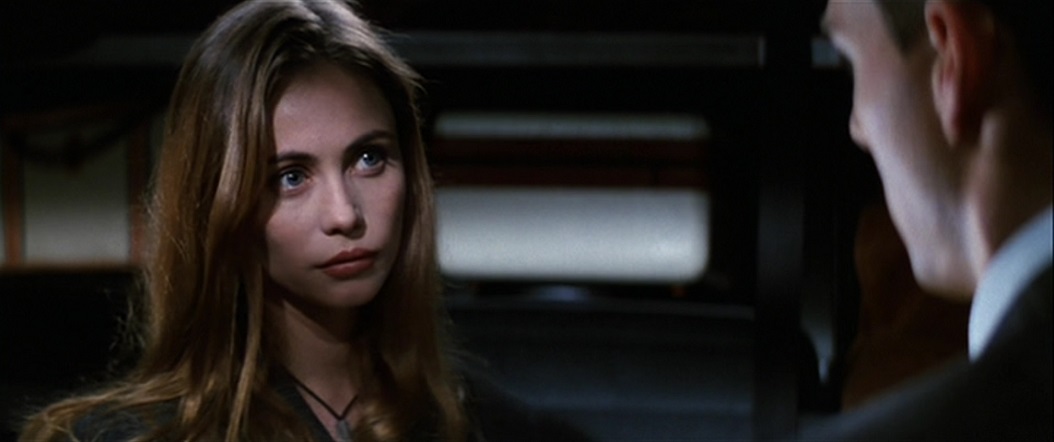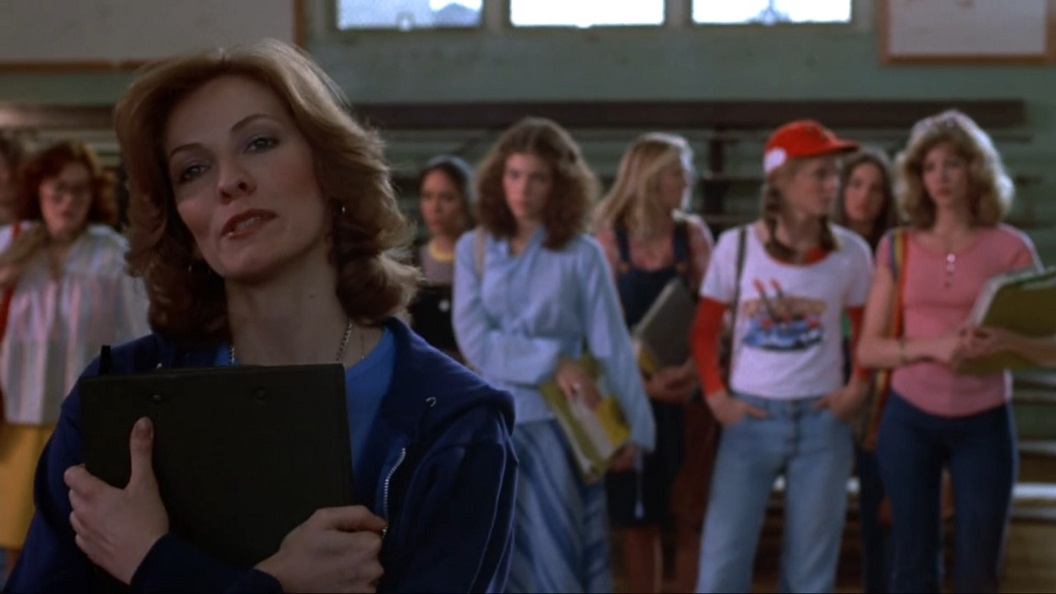BEING COACHED BY STORY MUSGRAVE, AND DE PALMA NEARLY BREAKING HIS FOOT AFTER TRIPPING OVER CABLES
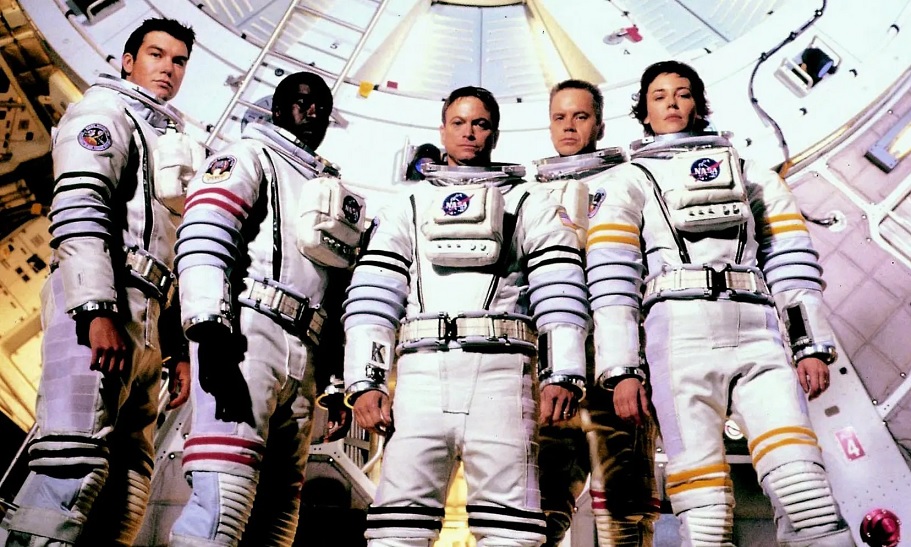
In a new interview for Collider Ladies Night, Connie Nielsen is asked by host Perri Nemiroff about her experiences working in Hollywood, and making Mission To Mars:
Perri Nemiroff: I just have too many Mission To Mars questions. I think it's also on my brain, because of current events. So, actually, speaking of that, do you ever think about that movie, which I believe took place in 2020, now that we've had some major recent events in that sphere happen in 2021? Just like comparing, contrasting where you guys pictured us being, and where we actually are.Connie Nielsen: I mean, it was so crazy when we were reading the word "twenty-twenty." I don't know what we were thinking that we would have progressed into. You know, technologically, and socially. But what was great was that, in fact, the women were very much part of the mission control. And it was so cool that it was prescient that way, you know. And modern that way, too, you know? Super modern. And then I thought that it was... there were so many parts of the story that, in hindsight, so many people still, even scientists, are finding, well, was there life then on Mars? And those are questions that we were raising at the time.
And so a lot of the science has really held up, and it's worth noting that we worked with Buzz Aldrin. And that we worked with NASA on the whole film. My coach was Story Musgrave, a rocket scientist. And I remember, we were in Vancouver. We were shooting in upper Vancouver, and he invited me out to dinner, and I was just plucking his brain. He was the person who was part of the two-team [of] people who were the first free space walkers. Who repaired the Hubble Telescope when, you remember, it was put up and it didn't work? And so they had to go up there, and actually walk in space, and repair it. And he explained to me how they did that.
And you know, that's one of the things I love the most about being an actor is that you get to have these incredible experiences with real life geniuses that you get to learn from and listen to. And I was obviously so in awe of all of the stuff he showed me. He showed me pictures he'd been taking with his own camera from when he was going around the Earth, and seeing the Earth from outside. And I saw all those incredible pictures.
And he said, "You know, what you see... you see all those incredible patterns and movement and sand, and all this ocean. And it's just like... we have this unique and rare thing to see Earth, and when I'm out there, I really notice that the most extraordinary thing about Earth, is life. And that's where you come in, Connie. You're an artist, and I love what you do, and what you bring. And that's the true beauty of what humans are. It's art." And it was just so beautiful that here was a rocket scientist who thought that artists were the shit.
Perri: So much of that taps into why I'm obsessed with movies in general. It's just the closest I can come to experiencing things that are out of my reach, or even just understanding someone else's truth that is just so polar opposite to mine. I know Brian De Palma has referred to that experience as being relentless. Is that just because he was at the helm of that film, or were you able to feel any of that while you were on set as well?
Connie: Yeah, we were a lot of actors on that set. And I think that we had some problems with the storyline still. I think that the stories were not really resolved in some of the cases, I think. But we also had amazing actors, like Don Cheadle. I just love Don Cheadle, and I just loved working with him, too. And what a fabulous guy that he is, and amazing actor.
I remember, I am standing inside of this giant white space. And I'm asking him [De Palma], what will that creature look like? Just so I know what I'm looking like. Just so that I have a sense of, what am I supposed to do? And it's worth noting that we're inside of what these spacesuits would really look like. We are hoisted up underneath the sky, like underneath the ceiling of the thing, and trying to emotionally react to-- for example, my husband, dying in front of my face in the middle of the mission. And not being able to move a muscle in my body because in space, you don't move. Like, if you move at all, that motion would send me flying through space like a dead stone, you know, or a piece of ice, forever and ever in that direction that I moved.
And so, having to do all of these things and being able to only communicate with my co-stars and with my director via this radio, I am wearing a cold suit underneath it, through which they are pumping ice water so that I don't overheat and die inside of my suit. And, at the same time, you know, when you're then walking, you can't hardly move.
So at this point, we're shooting the scene where I'm supposed to see, what is this mysterious thing that's inside of this piece of ice on Mars. [She thinks for a moment and laughs a little] And so he can't really explain over the radio, so we said, "Do you mind just coming over here and telling us, like, what are we going to be seeing?" And as he walks towards us, he falls over some cables, and he literally gets this contusion on his foot, if he doesn't actually break it. [Laughing at the absurdity of the situation] "It doesn't matter [shaking her head], I'll pretend I understand what I'm seeing!" Because I just literally could not believe that. Yeah, [still laughing] it was relentless that way.
Perri: I understand. It's like, you know, if you've got some frustrations and stressors and you bump your head, it's ten times worse than it really is! [laughter] All right, so this is like, half Mission To Mars, because it's another thing that Brian said that kind of taps into your experience a little. He had mentioned, I believe this was in the documentary about him, that the Hollywood system destroys you, and that that wound up being his last movie in the states. You, on the other hand, based on how you're describing everything, have had a wonderful experience in Hollywood. So what do you think it is about your experiences making movies in Hollywood that keeps you coming back to them?
Connie: I mean, there have been a few times, I am not going to lie. There have been a few times where in the process of making a movie, I have really questioned whether it's a place for women. Because it's been... it's been really difficult at times to stand up for women, on film and in film. Inside of films where the director was given absolute leeway to change the script completely, and make it unrecognizable from the project that you actually originally signed on to. And then you were caught, and you were kind of like, "But my character is not supposed to be this character, and we... what?!?" And then all of a sudden it becomes a two-hander between two guys and now the girl is like the third wheel on the, you know, on the bike here.
And it's just... it's been extremely frustrating. And I think that if you go into that, you have to have an enormous amount of resilience. And you have to know that it's worth fighting for what you are fighting for. And I think I do. I think I just do believe it's worth fighting for. I do think it's worth fighting for films that will ultimately tell different kinds of stories about women than the stories we're telling, or were telling, up to now. And we're still figuring out how to tell those stories, but they're coming, and they're being made. And I think that will change how we treat women in general, and how we see them.
Updated: Sunday, March 21, 2021 12:44 PM CDT
Post Comment | View Comments (1) | Permalink | Share This Post




